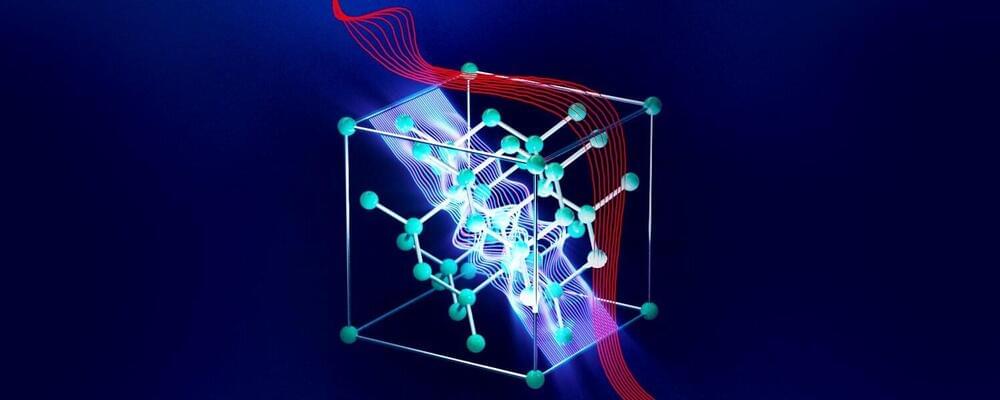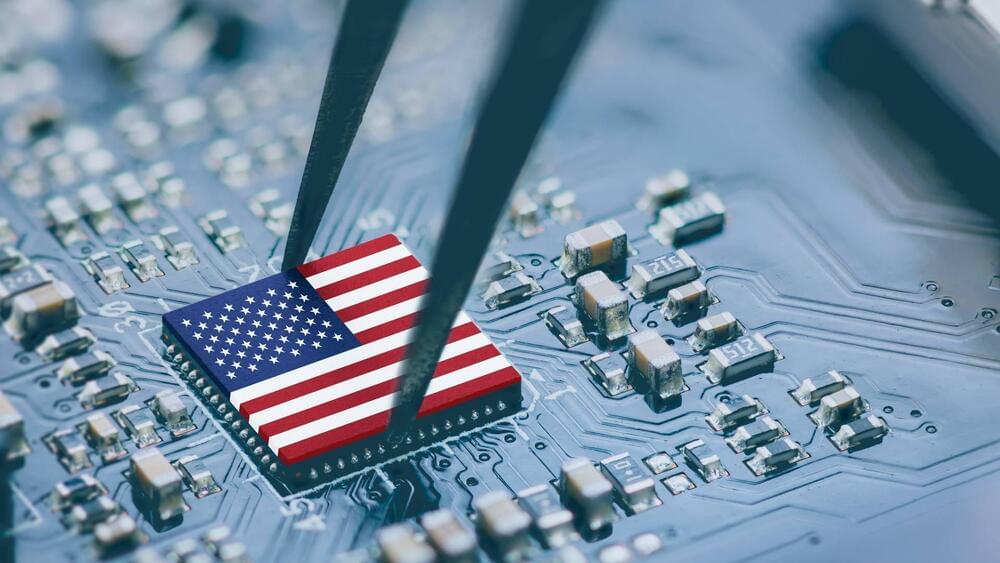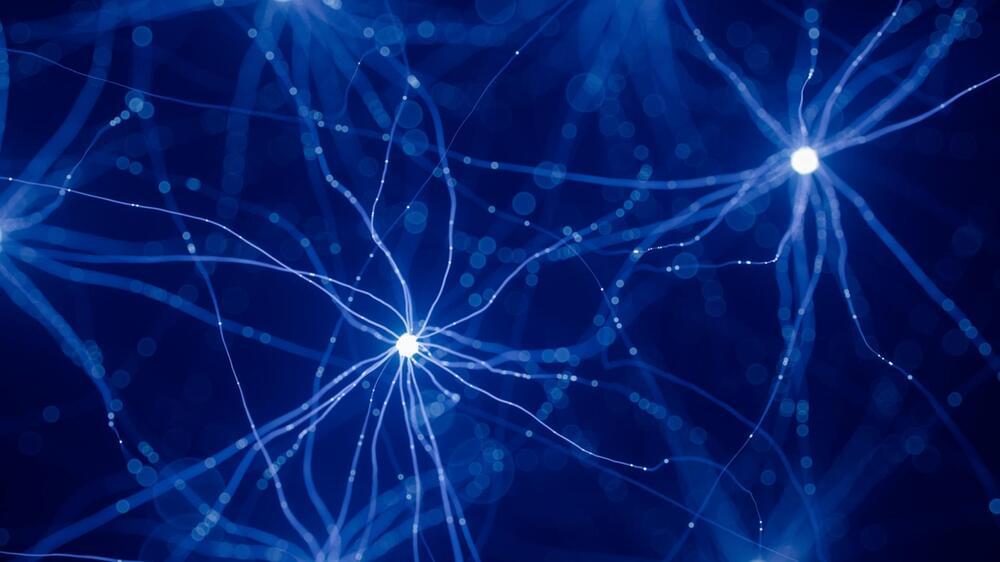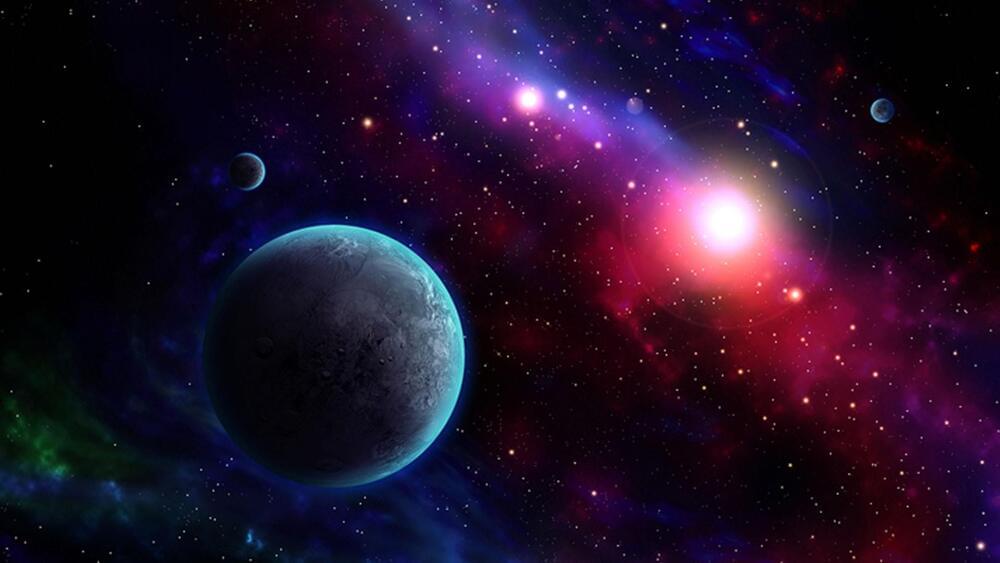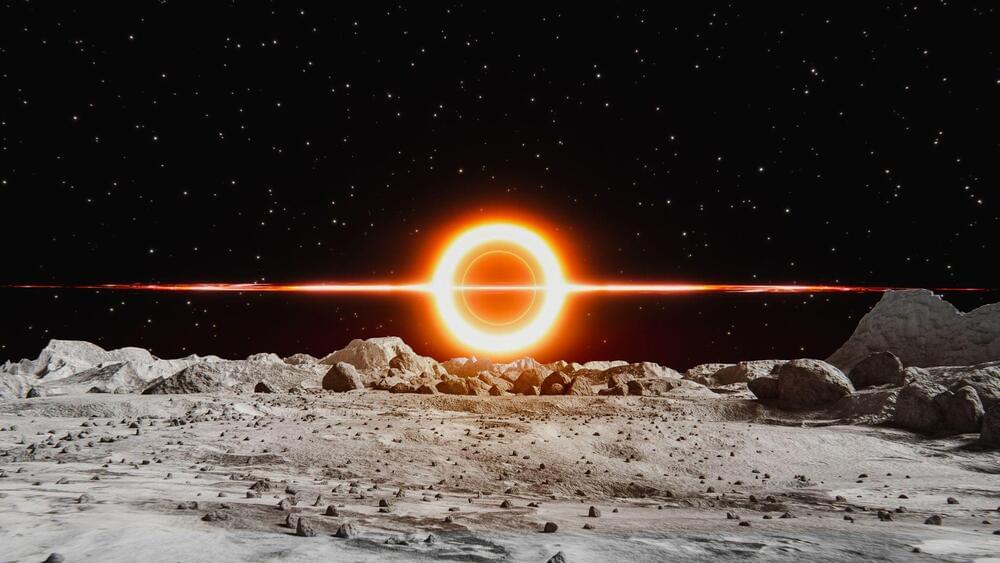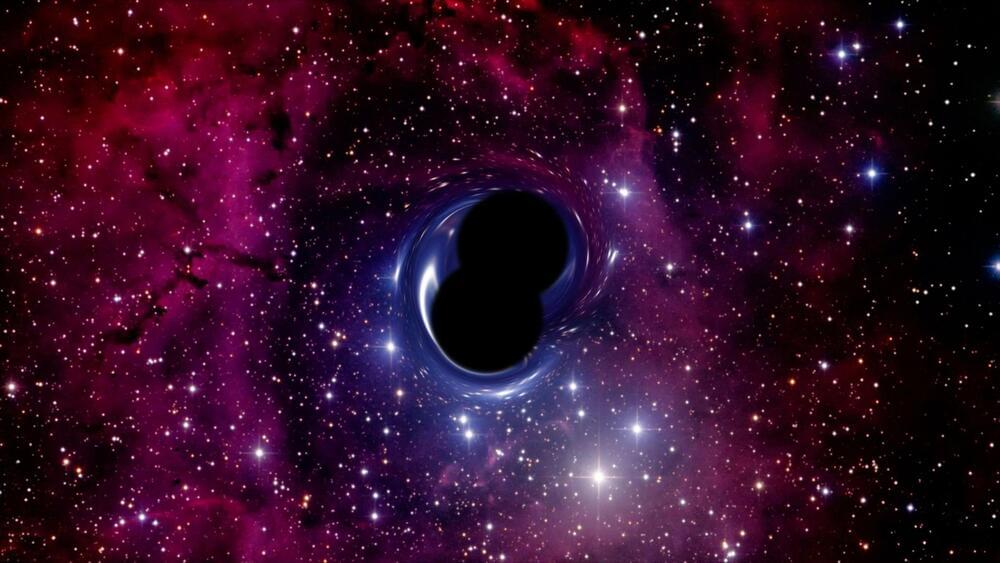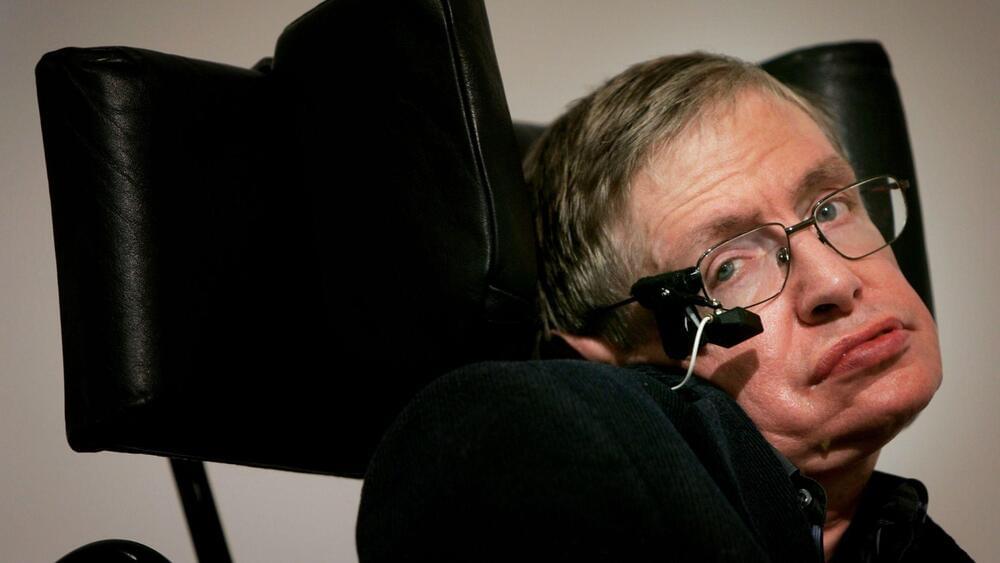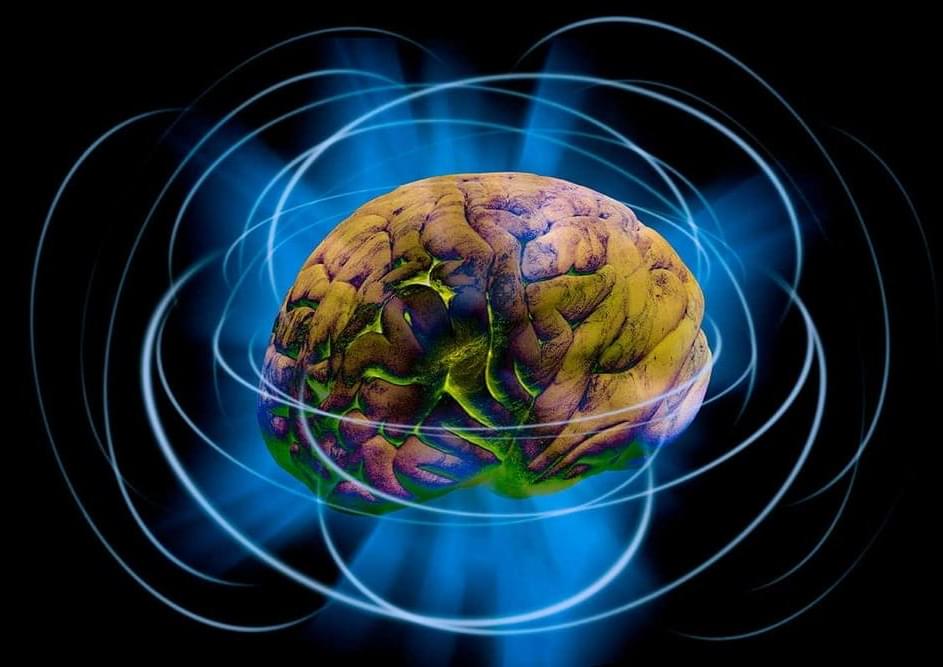Nov 16, 2022
Researchers unlock light-matter interactions on sub-nanometer scales, leading to ‘picophotonics’
Posted by Saúl Morales Rodriguéz in categories: materials, quantum physics
Researchers at Purdue University have discovered new waves with picometer-scale spatial variations of electromagnetic fields that can propagate in semiconductors like silicon. The research team, led by Dr. Zubin Jacob, Elmore Associate Professor of Electrical and Computer Engineering and Department of Physics and Astronomy, published their findings in Physical Review Applied in a paper titled “Picophotonics: Anomalous Atomistic Waves in Silicon.”
“The word microscopic has its origins in the length scale of a micron, which is a million times smaller than a meter. Our work is for light matter interaction within the picoscopic regime which is far smaller, where the discrete arrangement of atomic lattices changes light’s properties in surprising ways,” says Jacob.
These intriguing findings demonstrate that natural media host a variety of rich light-matter interaction phenomena at the atomistic level. The use of picophotonic waves in semiconducting materials may lead researchers to design new, functional optical devices, allowing for applications in quantum technologies.
